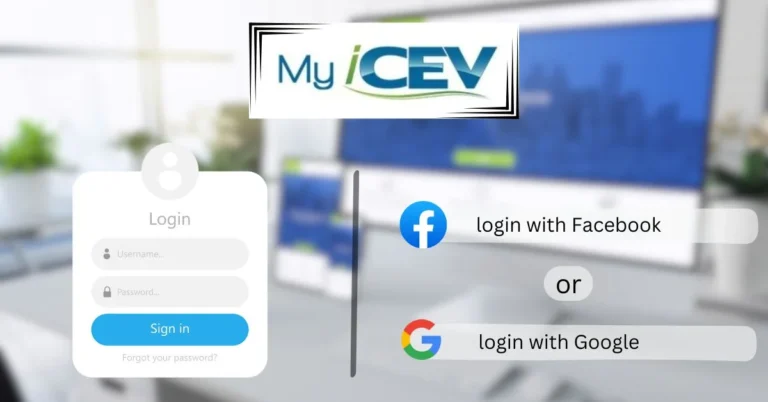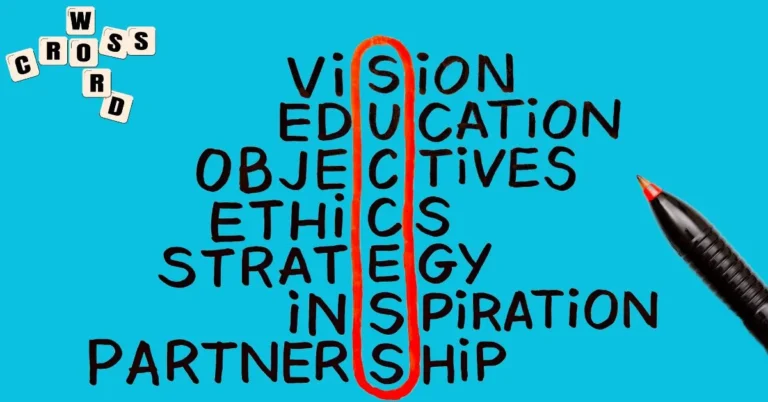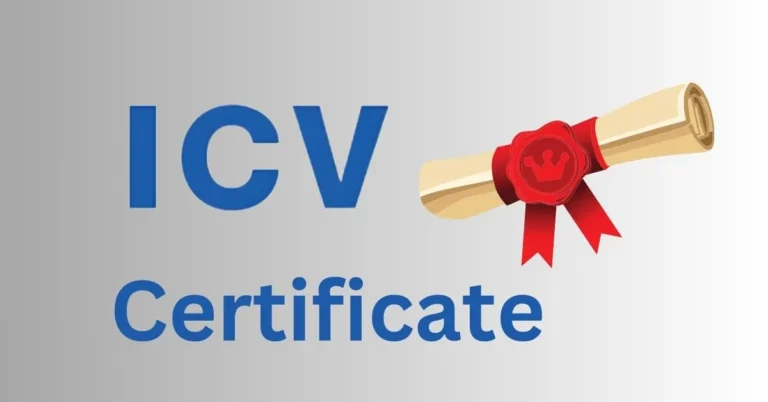Get Ahead in School with Strategic Learning: The Power of Flashcards
In today’s fast-paced educational landscape, students are constantly seeking effective and efficient ways to learn and retain information. Among the plethora of study methods available, flashcards have emerged as a particularly powerful tool. By leveraging strategic learning techniques, such as those found in digital platforms like Anki Notes, students can significantly enhance their academic performance. This article delves into how the power of flashcards can help students get ahead in school and the best practices for using them effectively.
The Science Behind Flashcards
Flashcards are grounded in the principles of active recall and spaced repetition, two powerful cognitive processes that boost memory retention. Active recall involves actively stimulating memory during the learning process, while spaced repetition refers to the practice of reviewing information at increasing intervals over time. When these techniques are combined, as they are in flashcard systems, they create a robust framework for long-term learning.
Active Recall
Active recall is the process of actively retrieving information from memory rather than passively reviewing it. This can be more effective than passive study methods like rereading notes or textbooks. Flashcards are particularly well-suited for active recall because they require the learner to produce an answer before seeing the correct response. This not only reinforces the material but also highlights areas that need further review.
Spaced Repetition
Spaced repetition takes advantage of the psychological spacing effect, which suggests that information is more easily retained when it is reviewed at spaced intervals. By using flashcards regularly and spacing out review sessions, students can move information from short-term to long-term memory. Tools like Anki Notes automate this process, scheduling reviews based on how well the learner knows each flashcard, ensuring optimal retention.
Advantages of Using Flashcards
Portability and Convenience
One of the most significant advantages of flashcards is their portability. Whether in physical or digital form, flashcards are compact and easy to carry, allowing students to study anywhere and anytime. This flexibility is particularly beneficial for busy students who need to maximize their study time.
Customizability
Flashcards can be tailored to individual learning needs. Students can create flashcards for any subject, level of difficulty, or type of information, from vocabulary words to complex scientific concepts. Digital flashcard systems, like Anki Notes, offer even greater customization options, including the ability to add images, audio, and detailed explanations.
Engagement and Motivation
Flashcards make studying interactive and engaging. The process of testing oneself can be more motivating than simply reading or listening to information. Additionally, the sense of achievement that comes from mastering a set of flashcards can boost a student’s confidence and motivation to continue studying.
Best Practices for Using Flashcards
Creating Effective Flashcards
The effectiveness of flashcards depends largely on how they are created. Here are some tips for making the most out of this study tool:
- Keep it Simple: Each flashcard should focus on a single piece of information. Overloading a flashcard with too much information can make it harder to remember.
- Use clear and concise language. Avoid unnecessary words and focus on the key points.
- Incorporate Images and Mnemonics: Visual aids and memory tricks can help reinforce the material and make it easier to recall.
Consistent Review
Consistency is key to effective learning with flashcards. Regular, spaced-out review sessions are crucial for long-term retention. Digital tools like Anki Notes can help by automatically scheduling reviews based on individual performance, ensuring that information is reviewed at optimal intervals.
Active Engagement
Passive review of flashcards is not as effective as active engagement. When using flashcards, students should try to recall the answer before flipping the card, write down their responses, or even say the answers out loud. This active engagement helps reinforce the material more effectively.
Conclusion
Incorporating flashcards into your study routine can provide a significant boost in academic performance. By leveraging the principles of active recall and spaced repetition, flashcards help students retain information more effectively and for longer periods of time. Digital tools like Anki Notes further enhance this process by automating and customizing review sessions, making strategic learning more accessible and efficient. By following best practices for creating and using flashcards, students can take their learning to the next level and get ahead in school.







